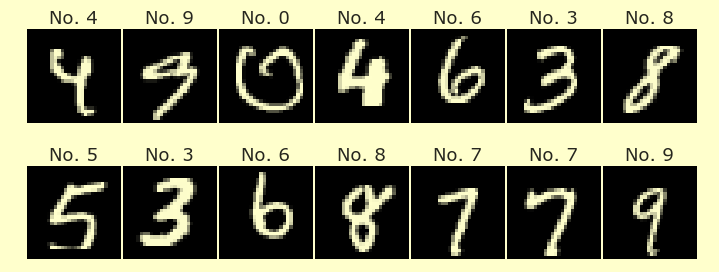Remembering values in Streamlit¶
Using session_state to access the value of a widget¶
Consider the following Streamlit code:
import streamlit as st
st.title(s)
s = st.text_input("Choose title")
This code will not work, because the line st.title(s) uses the undefined variable s.
Here is an attempt to fix this:
import streamlit as st
try:
st.title(s)
except:
st.title("Your title goes here")
s = st.text_input("Choose title")
This code works in the sense that it does not throw an error, but we will never reach the try portion of the try-except block. The title will always stay fixed as the default value. The reason is that the variable s does not get remembered as the code reruns (as described here).
One solution to this is to use st.session_state. Notice how similar this is to the above code.
import streamlit as st
try:
s = st.session_state["my_title"]
st.title(s)
except:
st.title("Your title goes here")
st.text_input("Choose title", key = "my_title")
By specifying the key for the text input widget, we can access the value of that widget using st.session_state["my_title"].
Here is another way of doing the same thing, but where we replace the try-except block with an if statement.
Using session_state to remember a value¶
As another example of using session_state, we have the following.
import streamlit as st
import numpy as np
rng = np.random.default_rng()
if "a" not in st.session_state:
A = rng.random((1,5))
st.session_state["a"] = A
else:
A = st.session_state["a"]
st.write(A)
st.slider("A slider",0,100,40,1)
Ordinarily, Streamlit reruns would cause the array A to change every time the slider is moved, but by using st.session_state, we are able to remember the value of A from one execution of the code to the next.
